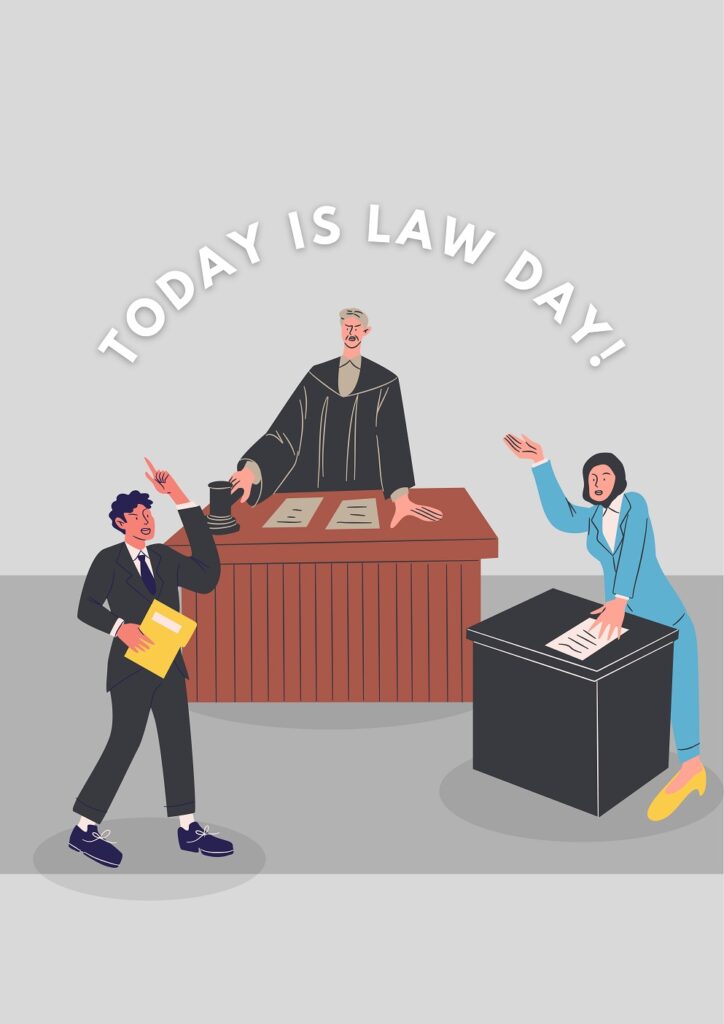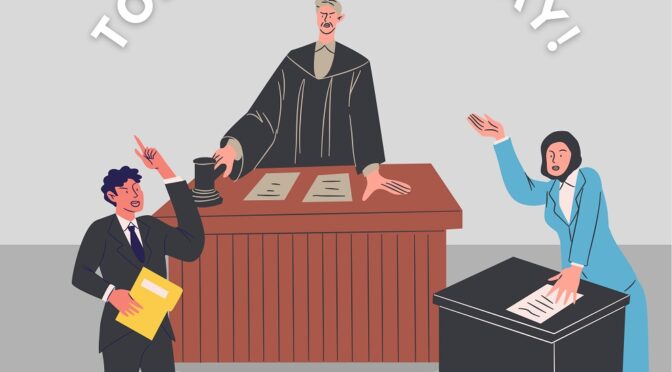What Are the Penalties for Common Crimes in Singapore?
Singapore’s legal system is often considered to be an outlier among Commonwealth countries because of its strict law enforcement and arguably severe penalties for infractions that would be non-issues elsewhere. For instance, jaywalking, not flushing public toilets, and even being naked in your own flat within view of onlookers can all result in a swift arrest. It can be said that this unique approach to maintaining public order underscores the city-state’s commitment to upholding societal norms and ensuring a safe and harmonious environment for its citizens.
Read more: What Are the Penalties for Common Crimes in Singapore?
In this article, we’ll explore some of the penalties for common crimes committed in Singapore, shedding light on the rationale behind such stringent measures and their impact on the city-state’s legal landscape.
Why Is Singapore So Tough On Crime?
A lot of this strictness has to do with the young country’s prosocial ideals which tend to place the good of the community over individual rights. Singapore is not the only country to have so-called communitarian values but it is arguably the one that has taken these ideals the furthest, at least, within the realm of Western-style parliamentary democracies.
With that understanding, it’s easy to understand why Singapore’s laws put seemingly inordinate effort into maintaining public cleanliness and order while also offering harsh penalties for crimes that could conceivably harm others. Most Singaporean citizens and likely a handy majority of expats probably wouldn’t want it any other way. Singapore’s strict system has resulted in the country enjoying extraordinary levels of public safety, which has been a huge boon for both the economy and the quality of life in the city-state.
What Crimes Are Common in Singapore?
Singapores’ public order does not mean that there are no crimes committed in the country. Nonviolent crimes like scams and cybercrimes are common in Singapore. Traffic offences that also fall under criminal law are, likewise, commonplace. Petty thefts also happen from time to time.
Unfortunately, foreigners as well as young, troubled locals often run afoul of local laws, particularly the ones we’ll discuss in this article. As in most other countries, ignorance of Singaporean laws is not a viable defence, and those who commit these common crimes may find that the city-state offers few exceptions and little room for leniency. Mandatory (i.e. non-negotiable) sentences are also commonplace for many offences.
Fortunately, if one needs a criminal lawyer in Singapore, one will find that there are plenty of options available to them. Let’s examine some of the more common crimes committed in the city-state and the typical accompanying penalties:
Property Crimes
Trespassing, pickpocketing, and vandalism are some of the more common crimes in Singapore. Imprisonment and fines are the typical punishment for these, with the severity largely dependent on the scale of the offence. Caning, administered on the offender’s bare buttocks, is typically reserved for serious crimes.
Traffic Offences
Traffic offences that result in death, injury, or damage to public property are covered by Singaporean criminal law. Drink driving is a particularly common crime, at least, by Singaporean standards, with accompanying mandatory penalties of up to SGD 10,000. Jail time of up to 12 months can also be meted out in some circumstances.
Sexual Offences
Singapore enforces strict laws regarding sexual conduct, particularly concerning minors. Engaging in sexual relations with individuals under the age of 18 or facilitating prostitution can lead to significant prison sentences and fines.
Outrage of Modesty
Singapore’s “Outrage of Modesty” law prohibits any form of assault or use of force intended to violate an individual’s modesty. Offenders may face a combination of imprisonment of up to 3 years, fines, and caning for violating this law. Foreign male travellers should take care to not run afoul of this law, especially in nightlife and public transportation settings.
Drug Crimes
Singapore’s legal system has very little tolerance for narcotics-related crimes. Notably, it imposes a mandatory death penalty for individuals convicted of trafficking more than 15 grams of heroin, 30 grams of cocaine, 250 grams of methamphetamines, or 500 grams of cannabis. Those found guilty of trafficking amounts under these thresholds will almost certainly be penalised with long jail sentences.
Attempted Crimes
Singaporean law also imposes penalties for individuals who attempt but fail to commit offences. Convicted offenders can face similar punishments to those for completed crimes.
About Legal Assistance and Notification
Unlike many other legal systems, Singapore does not provide defendants with legal assistance except in capital cases. If you’re arrested in Singapore, you do have the right to a lawyer. However, the right to speak to counsel is not legally activated until after you’re interrogated by police or already charged in court.
Fortunately, your family members and other contacts may still get legal advice before your right to counsel becomes active. If you’re a foreign national, you may ask arresting authorities to notify your embassy so you may have access to support during your ordeal.
Staying on the Right Side of the Law
As the old joke goes: Singapore is a “fine” city. Singapore’s uniquely robust legal system has created one of the safest societies on earth, but it does demand that residents and visitors have some prior knowledge if they want to avoid committing crimes. Looking up the most frequent offences and the accompanying penalties should help individuals navigate Singapore and its legal environment safely and responsibly.
